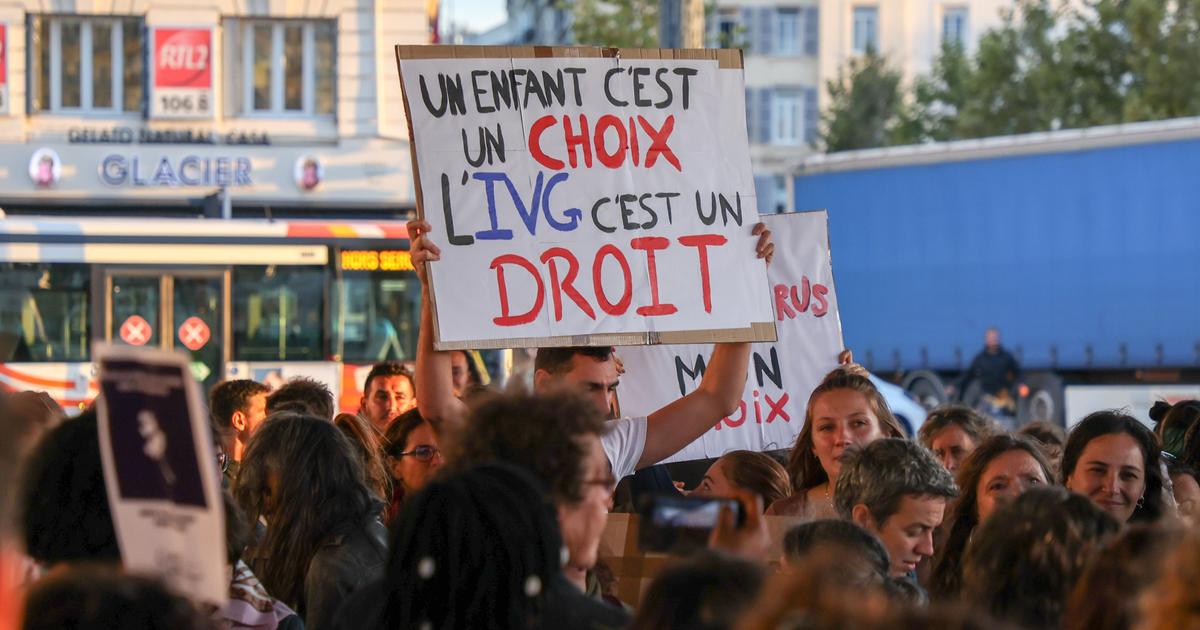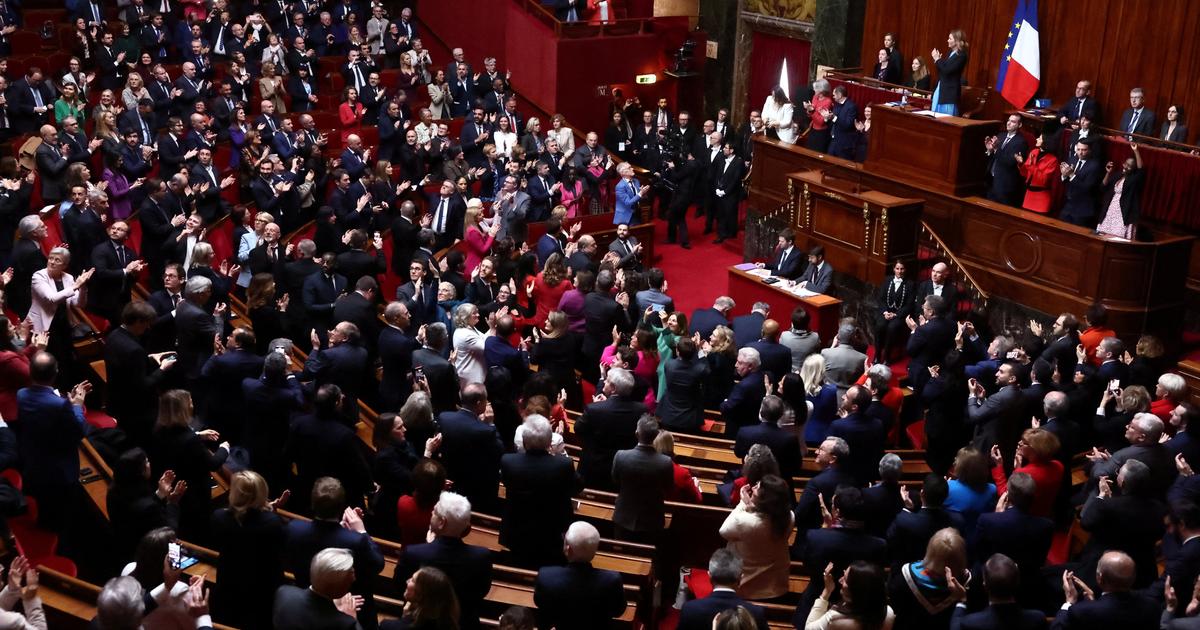A committee of the US Congress began a long-awaited debate on the evening of Wednesday April 14 on the principle of financial compensation to repair the misdeeds of slavery in the United States, before a historic first vote in a country still marked by discrimination racial.
This bill seeks to create a commission of experts charged with making proposals on the government's compensation for the descendants of some four million Africans forcibly brought to the United States between 1619 and 1865, the date of abolition. of slavery.
It attacks
"the injustice, cruelty, brutality and fundamental inhumanity of slavery"
and the disparities that the black American minority still suffers today.
Read also: In the United States, the repair of slaves, a sea serpent that resurfaces
This
“historic”
vote
is intended to
“continue a national debate on how to combat the mistreatment suffered by African Americans during slavery, segregation and structural racism which remains endemic in our society today”
, he said. said Wednesday evening the chairman of the judicial committee of the House of Representatives, Jerry Nadler.
African-American Democrat Sheila Jackson Lee pleaded with her peers not to
"ignore the pain, the history, and the wisdom of this commission
.
"
President Joe Biden, who met African-American elected officials in Congress on Tuesday, "pledged" to support this text, she said.
But the Republican members of the commission, while acknowledging the brutality of slavery, oppose this legislation.
"It takes us away from the important dream of judging someone on the content of their personality and not the color of their skin,"
said elected Chip Roy.
The text should however pass overnight the obstacle of the judicial commission.
The lower house of Congress, where Democrats are in the majority, will then have to approve it in plenary for the first time, at an undetermined date.
But the fate of the text is uncertain in the Senate, where Democrats will have to obtain the votes of at least ten Republicans for it to be finally adopted.
Read also: California City Launches Guaranteed Income For Black And Native American Residents
The legislation, a first version of which was drafted almost 30 years ago, has become central again since the deaths of several African Americans during police interventions prompted the country to look into its slavery past and multiple forms of discrimination. suffered by the black minority, which represents nearly 13% of the population.
The vote comes as a white policeman is on trial in Minneapolis, accused of having killed during an arrest a black forty-something, George Floyd, who has become a global symbol of victims of police violence.
Disproportionately incarcerated
Despite advances in the struggle for their civil rights in the 1960s, African Americans still have less education, have poorer social security coverage, and live shorter lives than whites.
They are also incarcerated disproportionately compared to the rest of the American population.
In 2019, the median annual income for a black household was $ 43,771, compared to $ 71,664 for a white household, according to official statistics.
A group of 13 experts will thus have to make compensation proposals
"for the institution of slavery and
(the)
racial and economic discrimination against African-Americans"
.
These experts must make recommendations on how to calculate this compensation, what form it should take and who will be eligible.
The issue of compensation had been raised by several candidates for the 2020 Democratic primary in the larger debate on racial inequalities and income differences.
Read also: American city creates reparation fund for black residents
Before a decision at the federal level, the issue of reparations had already been addressed at the local level.
The small town of Evanston, near Chicago, in March became the first to decide to compensate its black residents to the tune of $ 10 million over the next 10 years.
Residents who meet the criteria will each receive $ 25,000 to finance their mortgage or the renovation of their homes.
And in 2019, students at the prestigious Georgetown University in Washington symbolically approved the creation of a fund for the benefit of descendants of slaves sold in the 19th century by the Jesuits who created the establishment.









